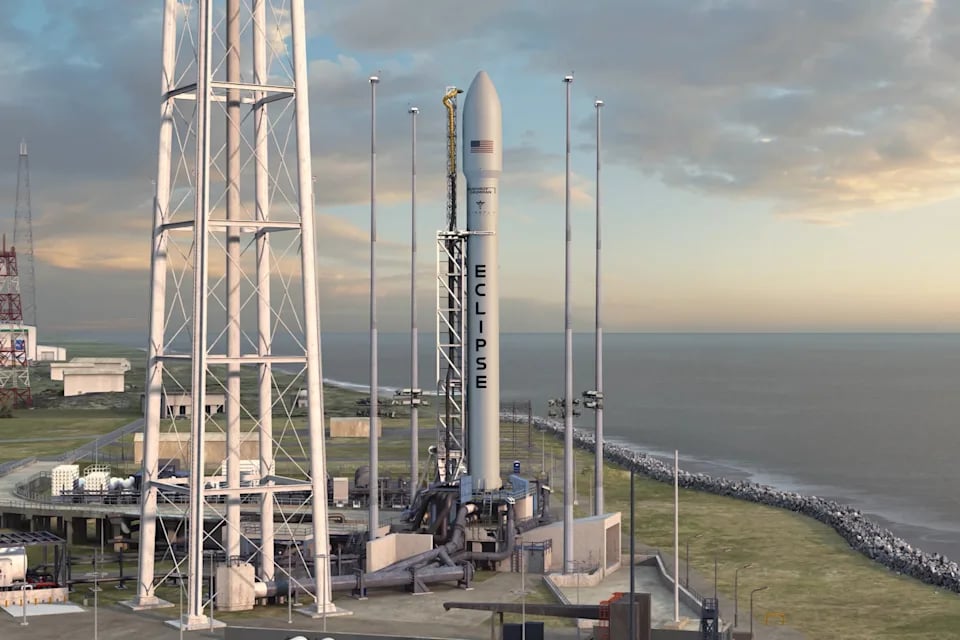Northrop Grumman (NOC +0.40%) just lost half-a-billion dollars, and the lead position on a program it's overseen for more than 50 years. Here's what you need to know.

Minuteman III launch, 1994. Image courtesy of Department of Defense via Wikimedia Commons.
The ICBM program
In 1954, the Air Force chose TRW, which was later acquired by Northrop, to provide technical expertise in managing the development of the first Minuteman intercontinental ballistic missile systems. The job entailed serving for 44 years as the ICBM's systems engineering and technical assistance contractor. Then in 1997, the Air Force moved to ICBM sustainment, and awarded Northrop a 15-year, prime contractor position for maintaining readiness and total performance of the Minuteman weapons system. More pointedly, this award was valued at more than $6.5 billion.
But, on July 31, 2013, the Pentagon announced that Northrop Grumman lost this lead position to BAE Systems (LSE: BA).
The nature of recompetes
Northrop's had a key position on ICBM development and sustainment for over 60 years. But, part of the nature of defense contracting is what's known as recompetes. For Minuteman's sustainment, the contract had an initial time frame of 15 years, which expired in 2012. Therefore, other companies, including Northrop, now could submit bids to win -- or rewin -- aspects of the program.
And, for Minuteman's latest recompete, BAE successfully beat Northrop to become the prime contractor for the next phase of ICBM sustainment. More specifically, BAE won a $534,873,321 fixed-price contract, to lead the next phase of sustainment, training and development, systems engineering, and program management efforts for the Minuteman III through 2021 -- it'll likely go up for another recompete around that time.
This loss is a devastating blow for Northrop, which expected to win the recompete and continue being the Air Force's ICBM prime integrating contractor, overseeing three principal teammates -- Lockheed Martin (LMT +0.66%), Boeing (BA +0.60%), and Alliant Techsystems (NYSE: ATK), and more than 20 subcontractors.
Going forward
Northrop's recent loss is devastating for a number of reasons. One, there's the loss of revenue; and two, it lost a position it's held for more than 60 years, in the middle of sequestration. There's no official word on what lead to the Air Force's decision, but I imagine a leading factor was price. Northrop isn't exactly known for being "cheap" and my guess is that BAE underbid Northrop significantly. Accordingly, this loss may point to future issues where Northrop loses contract bids due to price, and the nature of budget cuts. After all, if Northrop loses a 60-year position because of price and budget cuts, that's not a great sign -- especially because it gets an estimated 81.7% of its revenue from defense spending. Consequently, this is something investors need to monitor.







